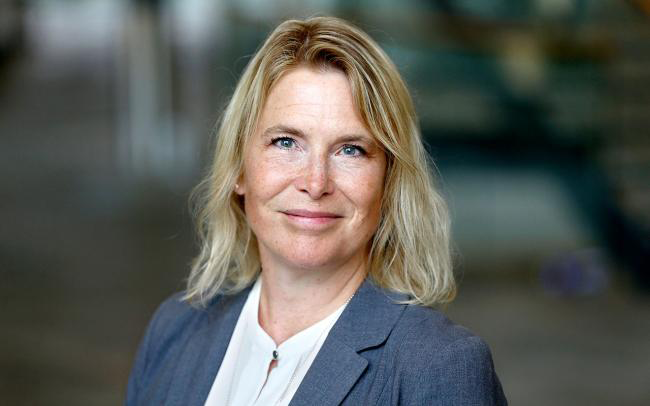Research Project for Increased Innovation Power in the Food Sector
2023-04-03- Measures taken to reduce the impact on ecosystems are central, and with our long-term knowledge development to reduce food waste, the project can make a difference, says Helén Williams.
Helén Williams is an associate professor in Environmental and Energy Systems at the Service Research Center (CTF) and has high expectations on the project, which will begin in the spring 2023 together with Nifa, an industry association for local food and beverage companies in Värmland.
- Knowledge and experience that can be exchanged between the university and local actors can give our long-term research work on how to reduce food waste greater spread and wider application. By reducing food waste, we can use our resources more efficiently, save money, and contribute to a fairer distribution, though it is not so easy to achieve in practice. We also hope to develop research in this area to get a better understanding of this complex system and how it can change in a more sustainable direction. Nifa includes regional food producers, municipalities, big grocers, restaurants, catering facilities, etc.
Transforming product logic into service logic will require innovation power from actors in the food sector. The idea is to achieve this through three work packages - service design, interventions, and circular business models. Through these packages, the project aims to achieve the following goals:
- Companies, in and adjacent to the sector, participate in the design of services that can realise sustainable meals for different situations and target groups
- Companies, in and adjacent to the sector, develop a concrete collaboration to offer sustainable meals
- Procurement officers, buyers, and consumers gain insight, knowledge, and tools to request sustainable meals
- CTF has studied how the service perspective can contribute to the transition to a more sustainable world with more sustainable business models and value creation. In this project, we get to investigate further how this transformation might look like as we examine a large complex system that addresses our basic need for good, nutritious food.
How will this project benefit society?
- In the wake of climate change, global food production is where we will face the greatest challenges - in Agenda 2030, 8 of the 17 goals address the food issue, says Helén Williams. War and global crises make the food situation even more vulnerable. If we can contribute with insights that allow us to protect this important resource in a better way than we do today, while at the same time reducing the environmental impact through, for example, reduced food waste, it can be of great importance for our future livelihood. Food production is the sector with the greatest impact on the planet’s ecosystem. The production and consumption of food is behind one third of our greenhouse gas emissions, 70% of the world’s fresh water use, and is the single biggest cause of the global extinction of species. Measures taken to reduce the impact on ecosystems are central, and with our long-term focus to reduce food waste on a big scale, our project will be able to make a difference.


